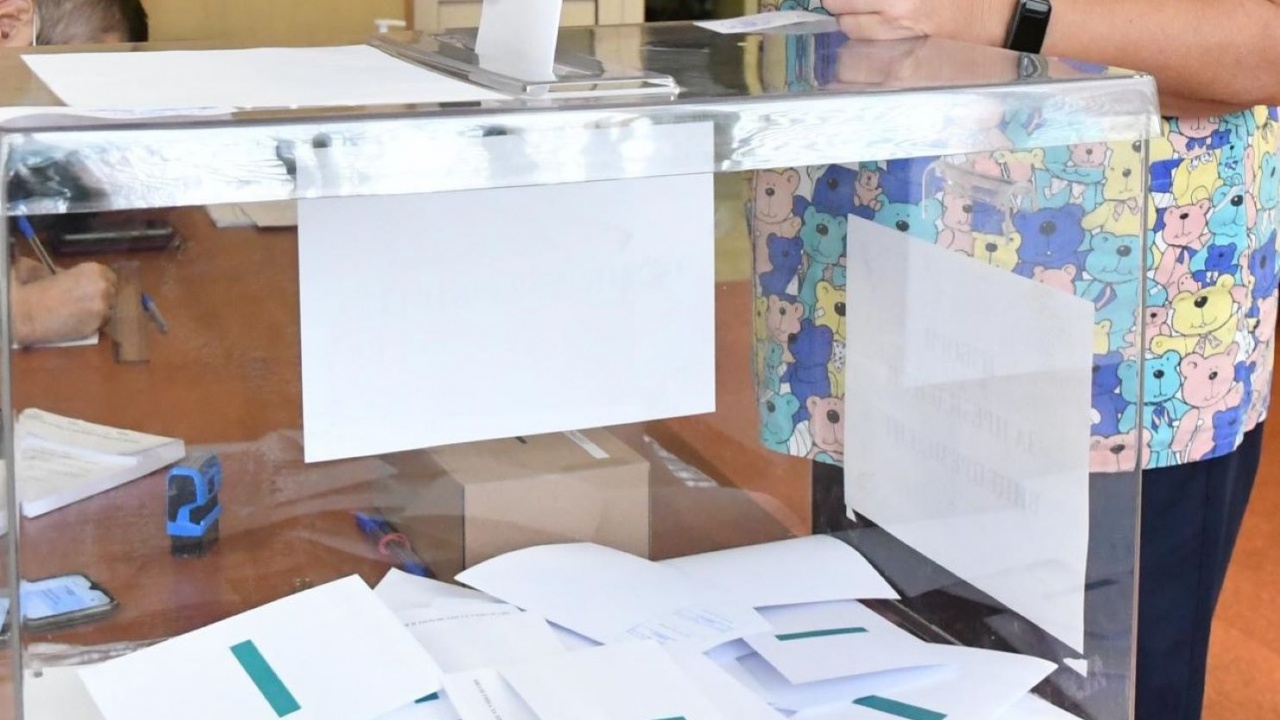Parity for first and second place in the upcoming elections on April 2, according to a study by "Alpha Research" days before the vote.
GERB-SDS and PP-DB have extremely close results, within the statistical error - 25.9% and 25.4%, respectively. There is also a tie for third and fourth place. DPS has 13.8%, and "Vazrazhdane" - 13.6%.
BSP remains in fifth position with 8.2%. Next comes "Bulgarian Rise", which may remain below the threshold for entering the parliament.
Sociologist: The prospects are not very rosy
The survey was conducted between March 25 and 29, was published on the agency's website and was implemented with its own funds.
It was conducted among 1113 adult citizens from all over the country.
A certified two-stage sample was used, with a quota based on basic socio-demographic characteristics.
The information was collected through a direct standardized interview with tablets at the homes of the respondents.
At the moment, 3.7% of voters will take advantage of the opportunity to check the box "I do not support anyone", the so-called protest vote.
It is observed that in the course of the campaign GERB managed to mobilize its supporters in the country.
In contrast, the PP-DB are one of the formations that have a wider electoral periphery, which has the potential to be mobilized within the next few days.
The intrigue will continue until the last hours of the election day.
This is what Genoveva Petrova from "Alfa Research" said in the studio of the morning block of BNT "The Day Begins".
She believes that
the photo finish will be decided by the voters who live in the capital, where the unmobilized electoral potential is
.
Voter turnout is set to remain low - very close to what we had in the last election in October last year.
39% say they will certainly go to the polls, which is about 2.5 million voters.
However, 48% are adamant that they will not vote.
13% hesitate.
According to Genoveva Petrova, it is clear that the paper ballot is not the decisive factor for voter turnout.
The main factor that makes people rather reluctant to go to vote is mainly due to the distrust they have towards political parties.
Hesitants and those who are undecided about who to vote for can undoubtedly tip the scales.
These are large enough shares of voters, and with the looming low voter turnout, they can shift the picture in different directions, Petrova said.
According to the survey, 4% of people have not changed their mind about who to vote for in the upcoming election on April 2.
15 percent have not chosen who to vote for, and 11 percent have changed their mind.
It is entirely possible that these 15% will bring much more significant changes on election day itself, Petrova repeated.
"What we can summarize is that the expectations for this campaign were still, despite the low interest, the fifth election in a row, that it would prove to be decisive, given the starting positions of the parties. Three days before the election, however, we see that the campaign brings certain electoral dynamics in support of individual parties, but not a qualitative change in the general political picture.
This is due to the fact that the majority of the parties, especially the leading parties, invested in this campaign in communicating messages aimed at hard-line voters without making more efforts to attract a wider circle of sympathizers.
We still don't have a solution to the intrigue that was entangled at the beginning of the election campaign," said Petrova.
